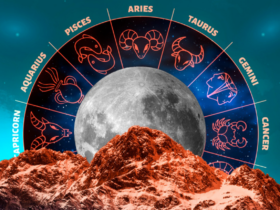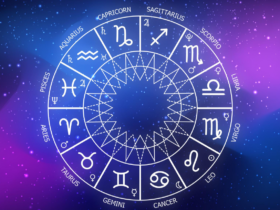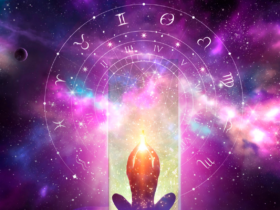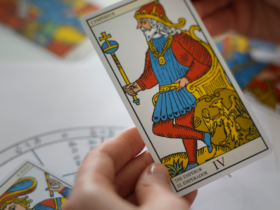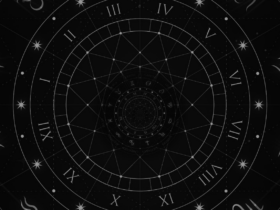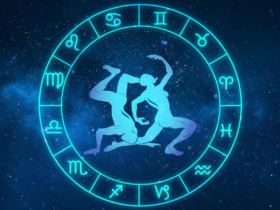The concept of the Zodiac, a celestial map divided into twelve distinct sections, each associated with specific constellations and astrological signs, has fascinated civilizations for millennia. Its origins trace back to ancient Mesopotamia, where astrologers observed the movements of celestial bodies and correlated them with human behaviors and events on Earth.
Historical Roots
The earliest known records of zodiacal symbols date back to the Babylonians around 2,500 years ago. They aligned the positions of the stars with the twelve lunar cycles to create the foundation of what we recognize as the Zodiac today. These ancient astronomers tracked the sun’s path across these constellations, attributing specific traits and meanings to each sign based on their observations.
Later, the Greeks further developed and popularized the Zodiac signs. Hellenistic astrologers refined the interpretations, assigning characteristics to individuals born under each sign. This period introduced the association of personality traits, destiny, and fortunes with Zodiac signs, which persisted and evolved across different cultures and epochs.
Speak to a live horoscope expert. Find clarity, connection and a path forward.
CLICK HERE AND START YOUR READING!
Cultural Variations
Different cultures have their own versions of the Zodiac. For instance, in Chinese astrology, twelve animal signs represent a twelve-year cycle, each linked to specific personality traits. Vedic astrology from India also has its system, dividing the Zodiac into twelve signs with distinct characteristics and influences.
Despite these cultural variations, the common thread lies in the belief that celestial movements influence human affairs. However, interpretations and significance vary significantly between cultures.
Related: The Tower and the Star: Transformation and Hope in the Major Arcana
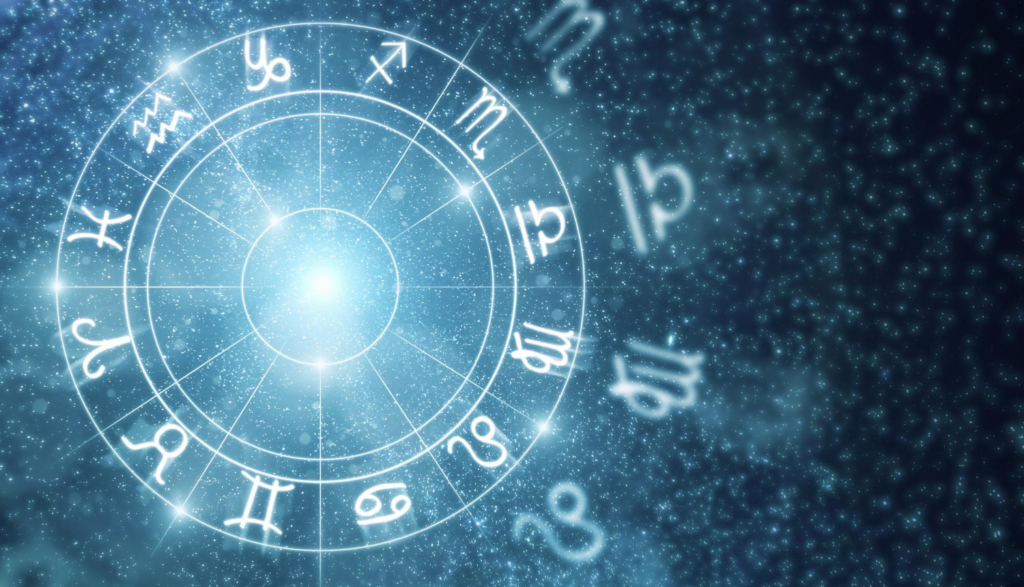
Modern Interpretations
In contemporary times, the Zodiac has taken on a more diverse array of meanings. For many, it’s a source of entertainment, with horoscopes providing generalized predictions based on one’s sun sign. However, skeptics often dismiss astrology as pseudoscience, emphasizing its lack of empirical evidence.
Nevertheless, a growing number of people find value in the Zodiac beyond mere entertainment. Some view it as a tool for self-reflection and personal growth. Instead of seeing it as a deterministic predictor of fate, they use it as a framework for understanding their personalities and behaviors. Astrology enthusiasts argue that while not scientifically proven, it offers a symbolic language that resonates with individuals seeking deeper insights into themselves and their relationships.
Conclusion
The evolution of Zodiac signs from ancient civilizations to the present day reflects humanity’s enduring fascination with the cosmos and the quest for understanding our place within it. Whether embraced as a guiding force or dismissed as a relic of antiquity, the Zodiac continues to captivate and spark discussions about the intersection of science, culture, and belief systems in our lives. Its historical perspectives and modern interpretations stand as a testament to the enduring power of symbolism and the human desire to find meaning in the patterns of the universe.




